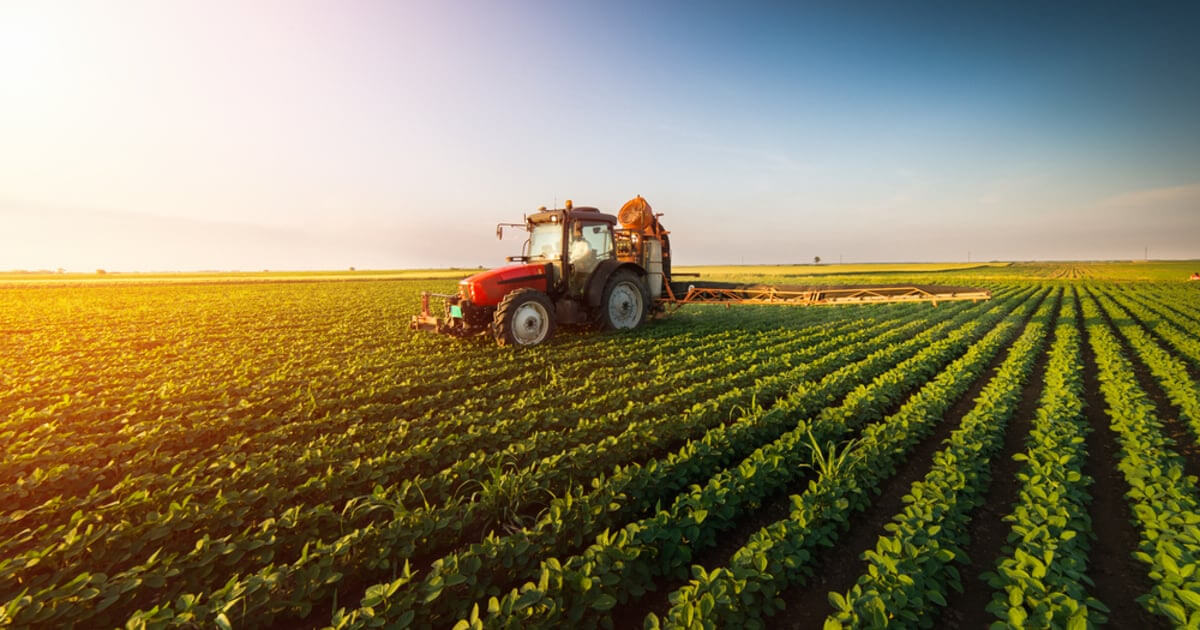How Blockchain Technology is Improving the Agricultural Sector
This implementation of the blockchain technology has led to the adoption of tactics like smart farming, which connotes the use of modern technology like Blockchain in farming practices.

Agriculture is a very critical factor when it comes to economic growth and development, as acknowledged by the Worldbank. Projections from the Open Access Government website, providing up-to-date analyses of different fields say that based on the rate of our current population growth, estimated that by 2050, the agricultural sector will have to produce 70% more than what it is currently producing or the world will go hungry.
This has led to the adoption of tactics such as smart farming, which connotes the use of modern technology like Blockchain in farming practices. The agricultural sector is in dire need of innovations and new ideas if it is going to be able to meet the challenge that our increased population poses.
Where the problem lies
Once the grown food leaves the hands of the farmer and the farm, it passes through several supply chains and intermediaries before finally getting to the consumer. It is at this point that most people want to know where the food they are about to consume has been, to determine its safety and sterility.
This is one of the significant use cases of blockchain technology in agriculture. Walmart has been able to implement this in its stores, with the help of IBM, to use blockchain technology to trace food items, in real-time.
Food production
By 2050 there is an estimation that the human population will grow to 9.6 billion people; therefore, there will be a need for a higher rate of food production. To increase food production, the agricultural sector has already started implementing the use of IoT devices - following smart farming practices.
These devices are used to monitor food yield, which then generates data to assist the farmers, to make better decisions about the growth of crops.
Weather crisis
Every farmer battles with unpredictable weather conditions throughout the year, sometimes with a weather that is too hot or with a cloudy day that turned into a lightning storm.
These kinds of conditions have a significant role to play in the growth of food, as they affect food quality and yield.
In this instance, agricultural weather stations built on blockchain technology, have been deployed on farms, to monitor weather conditions, like rainfall, air temperature, and wind direction, to provide farmers with the necessary information they need to make decisions.
Improvement of supply chains
Recently there has been a spike in the increase of food adulteration making the tracking of food supply chains very critical in agriculture; this is to establish the origin of the food item, to determine if they are safe for consumption.
Blockchain technology has simplified this process, by supporting the creation of smart farming devices that capture and save crucial information about food production, which is then uploaded on a distributed storage platform where it can be verified.
Image via Shutterstock
Image source: Shutterstock
